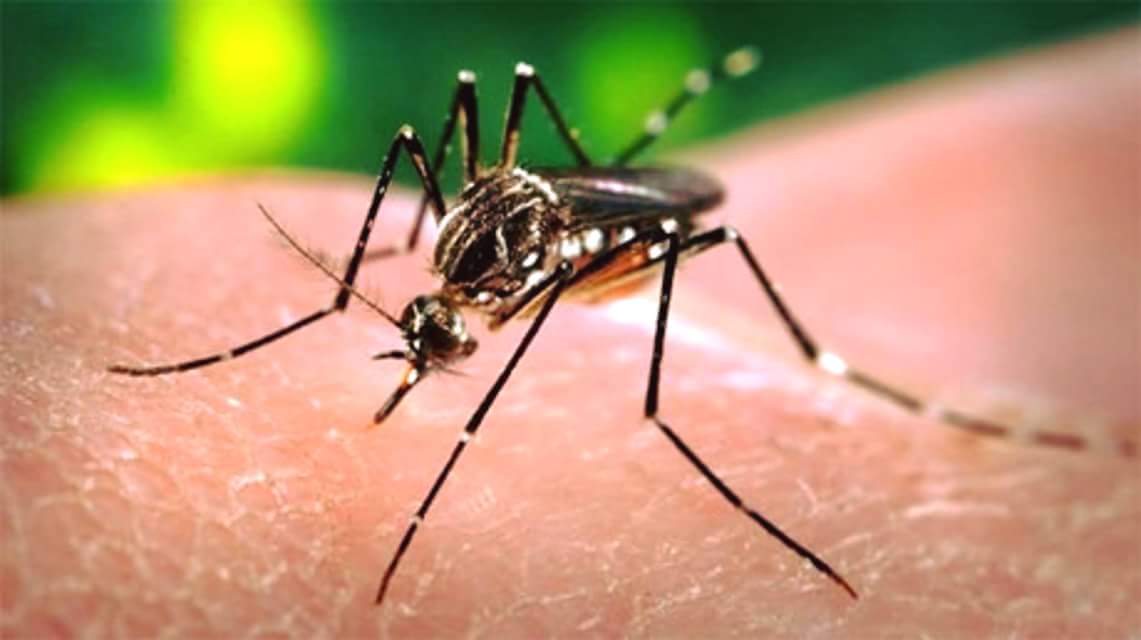|
ATLANTA, USA — Following reported local mosquito transmission of zika virus infection, the Centers for Disease Control and Preventions (CDC) on Monday issued a zika virus travel notice for St Kitts and Nevis.
 |
Local mosquito transmission means that mosquitoes in the area are infected with zika virus and are spreading it to people.
Because zika virus is primarily spread by mosquitoes, CDC recommends that travelers to St Kitts and Nevis protect themselves from mosquito bites. Mosquitoes that spread zika are aggressive daytime biters. They also bite at night. There is no vaccine or medicine for zika virus. The best way to avoid zika virus infection is to prevent mosquito bites.
Some travelers to areas with zika will become infected while traveling but will not become sick until they return home and they might not have any symptoms. To help stop the spread of zika, travelers should use insect repellent for three weeks after travel to prevent mosquito bites.
Sexual transmission of zika virus from a male partner is also possible, so travelers are also encouraged to use condoms or not have sex.
Many people infected with zika virus do not get sick. Among those who do develop symptoms, sickness is usually mild, with symptoms that last for several days to a week. People who do have symptoms have reported fever, rash, joint pain, and red eyes.
Current CDC research suggests that Guillain-Barré syndrome (GBS) is strongly associated with zika; however, only a small proportion of people with recent zika virus infection get GBS. Most people fully recover from GBS, but some have permanent damage. GBS is a rare disorder that can cause muscle weakness and paralysis for a few weeks to several months, is very likely triggered by zika in a small proportion of infections, much as it is after a variety of other infections. Most people fully recover from GBS, but some have permanent damage.
Zika infection during pregnancy may cause a serious birth defect of the brain called microcephaly and other severe fetal brain defects. Until more is known, CDC continues to recommend that pregnant women and women trying to become pregnant take the following precautions:
Pregnant women
• Should not travel to any area with zika.
• If you must travel to or live in one of these areas, talk to your healthcare provider first and strictly follow steps to prevent mosquito bites.
• If you or your partner live in or travel to an area with zika, use condoms or other barriers, the right way, every time you have sex or do not have sex throughout the pregnancy. Sex includes vaginal, anal, and oral sex.
Travelers to areas with zika should monitor for symptoms or sickness upon return. If they become sick, they should tell their healthcare professional when and where they have traveled. |

